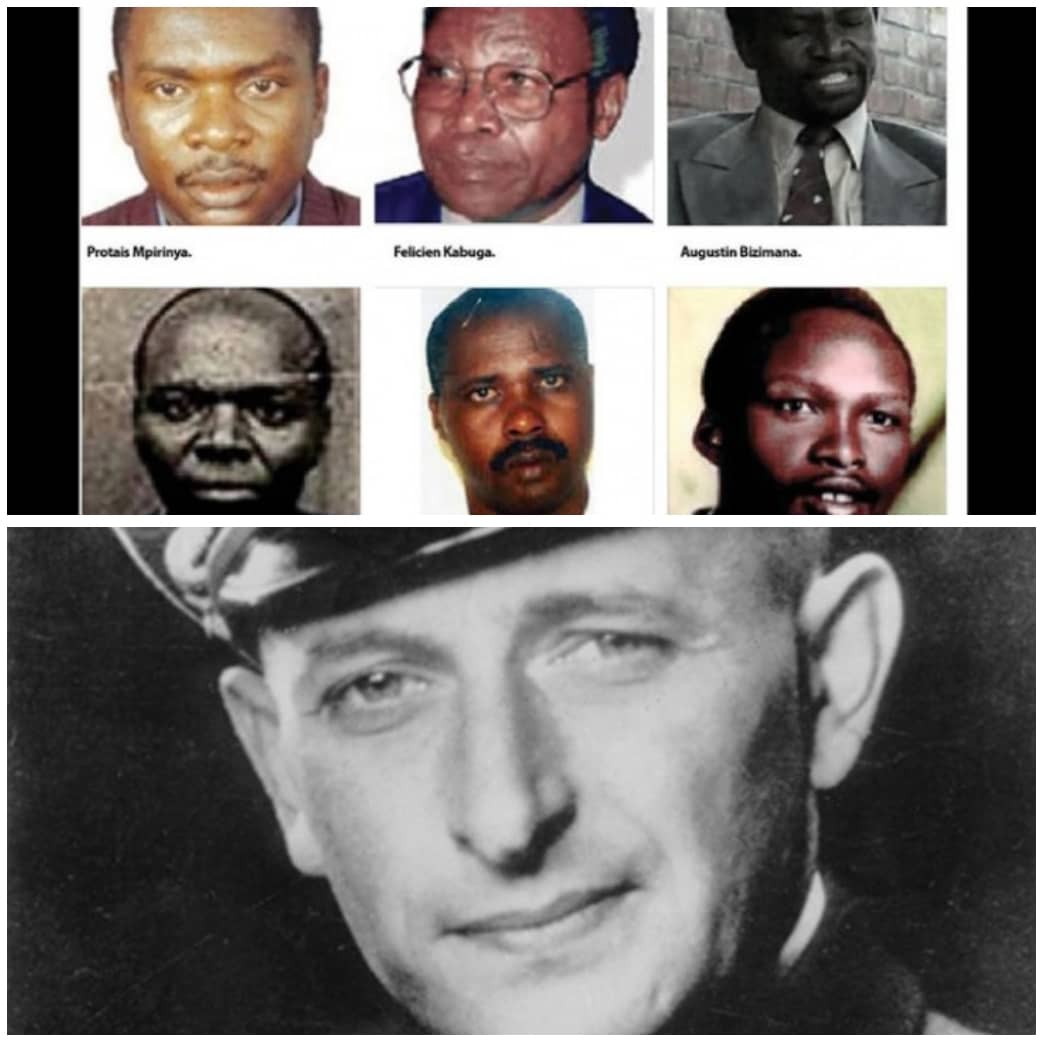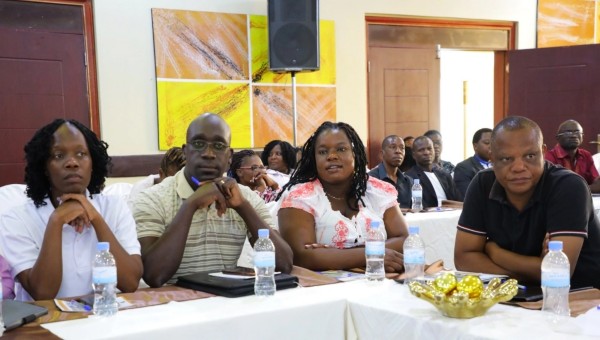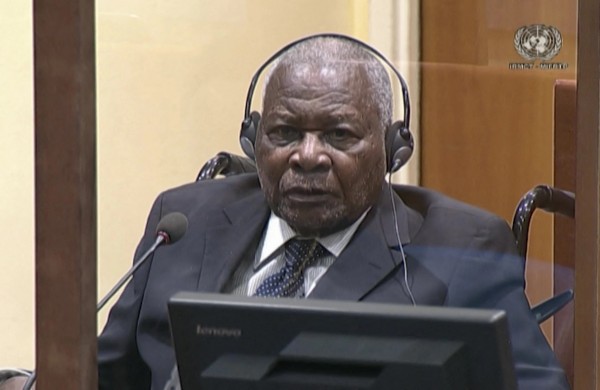International
The Netherlands’ failure to extradite génocidaire Karangwa should not deter justice
.jpg-20221114095304000000.jpg)
On
November 9, the Court of The Hague in the Netherlands ruled against the
extradition of Maj Pierre Claver Karangwa to Rwanda. The 66-year-old is wanted
in his home country on charges of Genocide and crimes against humanity. He
masterminded the massacre of the Tutsi at a place called Bibungo bya Mukinga,
in the current Kamonyi District, and in Nyamirambo, in Kigali.
The
Hague court’s ruling against the extradition was based on testimonies provided
by Filip Reyntjens, a former advisor in the genocidal government, and Human
Rights Watch reports, that testified that the genocide suspect is considered a
‘political opponent’s and would not get a ‘fair trial’ once in Rwanda.
Being
a so-called political opponent does not remove the fact that he is a
génocidaire, and the refusal of extradition does not waive Karangwa’s
atrocities, and participation in the Genocide against the Tutsi. The
Netherlands should therefore see to it that he is tried for his crimes.
Karangwa
was charged for genocide; conspiracy to commit genocide; complicity in
genocide; murder as a crime against humanity; extermination as a crime against
humanity; violation of Common Article 3 of the Geneva Conventions;
establishing, membership in, directing and participating in a criminal
organisation whose purpose is to cause harm to individuals and their property.
Arrested
on May 11 by Dutch police, the former chief of army intelligence had been
living in the Netherlands since 1998. He acquired Dutch citizenship in 2004,
and was thus able to avoid capture for over two decades.
He
is one of the key masterminds of the massacre of 20,000 Tutsi during the 1994
Genocide against the Tutsi, in his birthplace Mugina, in the former Gitarama,
currently Mbati Cell, Mugina Sector, Kamonyi District.
On
April 24, 1994, there was a major attack on Mugina parish. Many Tutsi from
Bugesera, Kigali City, Kigali Ngari, and from communes which surrounded Mugina
Commune had taken refuge in the parish. They were so many and hence they
thought they would defend themselves when the attacks started.
Those
who had taken refuge at Mugina Parish, tried to fight the militia attacks with
the support of Mugina Bourgmestre, Callixte Ndagijimana, who did not support
the killing of Tutsi.
The
Tutsi who managed to get inside the church had survived until the killers
ordered them to get out and they were immediately killed. But the killers said
that they will not kill women and children, many of whom were wounded, hence
they decided to take them all to Kabgayi.
When
they arrived in Bibungo, they met Maj Karangwa who was the head of National
Gendarmery Investigation Service. He asked them where they were taking them and
the killers told him that they were taking them to Kabgayi. Karangwa prohibited
the plan and ordered for the Tutsi to be killed on spot.
Per
his orders, the Tutsi were killed using weapons including guns, grenades,
machetes, sharp sticks, and stones. The remaining ones were put in a pit
latrine alive.
Karangwa
then provided petrol to burn them. Besides participating in the massacres, he
is responsible for the murder of Ndagijimana who was trying to protect the
Tutsi.
Dozens
of witnesses of the Mugina killings, including former Interahamwe militia who
participated in the massacres testified against Karangwa. Gacaca courts in his
home area sentenced him, in absentia, to life in prison.
Karangwa,
like many others, is a killer placed in the first category of perpetrators of
the genocide against the Tutsi.
In
the past, Dutch authorities extradited to Rwanda some genocide fugitives
including the likes of Jean Baptiste Mugimba and Jean Claude Iyamuremye.
Others, such as Joseph Mpambara were put to trial and duly sentenced by Dutch
authorities.
Considering
the gravity of his crimes against humanity, Karangwa too should be brought to
book.






